Top Class Actions’s website and social media posts use affiliate links. If you make a purchase using such links, we may receive a commission, but it will not result in any additional charges to you. Please review our Affiliate Link Disclosure for more information.
A brief filed against the Supreme Court of Oklahoma by the League of Women Voters of Oklahoma claims notarized absentee ballots should not be required in the wake of a global pandemic.
The brief says that many places where notaries are found have closed their businesses and that Oklahoma law prevents notaries from notarizing more than 20 absentee ballots for each election.
The League of Women Voters say, in order to obtain a notary’s signature on an absentee ballot, voters would have to leave their home, whereas most individuals have been told to shelter in place because of the coronavirus.
In addition, the brief notes that one would have to find a notary who would be willing to notarize a document free of charge, as well as interact with that notary face-to-face and physically transferring the affidavit between them.
Are you having difficulties voting because of the coronavirus pandemic? Get legal help by clicking here.
The League of Women Voters claim that such a requirement would be burdensome during ordinary times, but during the coronavirus pandemic, it could be deadly.
The brief goes on to say that Oklahoma legislature had passed a law which would ease the burden of having a notary stamp an absentee ballot, but the Oklahoma Election Board has not updated its ballot forms to facilitate this additional statutory procedure.
The brief notes that the Oklahoma absentee ballot says that, in order to be counted, the affidavit must be filled out completely, signed by the voter, and notarized by a notary public or other official authorized to administer oaths.
The League of Women Voters state that an April 20, 2020 letter was sent to the Oklahoma State Election Board by a coalition of organizations asking the board to ensure that absentee ballots and instructions make it clear that voters who wish to vote by absentee ballot can do so either by getting a notary to verify the ballot, or by personally making a signed statement under penalty of perjury.
The League of Women Voters note in their brief that the Secretary of the Board of Elections declined to make these adjustments. Thus, the voter was forced to seek intervention from the court system.
The plaintiff has asked the court for a declaration that, in lieu of an affidavit signed by a notary public, an absentee voter may submit a signed statement and that the Secretary of the Board of Elections not allow absentee ballots to be sent to prospective voters that improperly suggest that a notary is required for ballots to be counted.
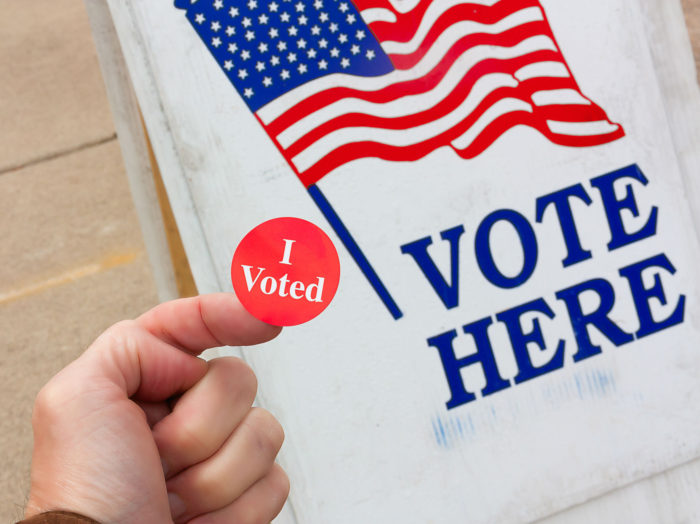
The brief states that time is precious in this matter and that the upcoming election is a very important one. Not only will individuals be voting on state and federal primary contests, they will also be deciding on whether to expand Medicaid in the state of Oklahoma.
“Despite what the absentee ballot materials prepared by the Secretary suggest, Oklahoma law does not, in fact, require that an absentee ballot be accompanied by an affidavit subscribed and sworn before a notary public, so long as the voter personally avers that his or her statement is signed under ‘penalty of perjury.’” the brief filed by the League of Women Voters argue.
The brief states that Oklahomans should not be asked to risk their lives, or the lives of other individuals, in order to exercise their right to vote.
This is not the first legal briefing that has been filed related to voting issues spawned by the coronavirus. In Ohio, numerous organizations have filed a lawsuit against the state, alleging that a new law allowing voting only by mail may disenfranchise voters from casting their ballots.
That lawsuit says that the new law violates the National Voter Registration Act by denying individuals an effective means to register and cast a ballot in the upcoming election.
The plaintiff in that case says she is concerned about leaving her home to find a place to print out a voter registration form as it would expose her and her family to the coronavirus.
The voters are represented by Clyde A. Muchmore and Melanie Wilson Rughani of Crowe & Dunlevy.
The Oklahoma Absentee Ballot Lawsuit is The League of Women Voters of Oklahoma, et al. v. Paul Ziriax, Case No. 118765, in the Supreme Court of the State of Oklahoma.
Join a Free Coronavirus Class Action Lawsuit Investigation
If you believe your rights were violated in a way that is directly related to the coronavirus pandemic, you may qualify to join this coronavirus class action lawsuit investigation.
ATTORNEY ADVERTISING
Top Class Actions is a Proud Member of the American Bar Association
LEGAL INFORMATION IS NOT LEGAL ADVICE
Top Class Actions Legal Statement
©2008 – 2024 Top Class Actions® LLC
Various Trademarks held by their respective owners
This website is not intended for viewing or usage by European Union citizens.

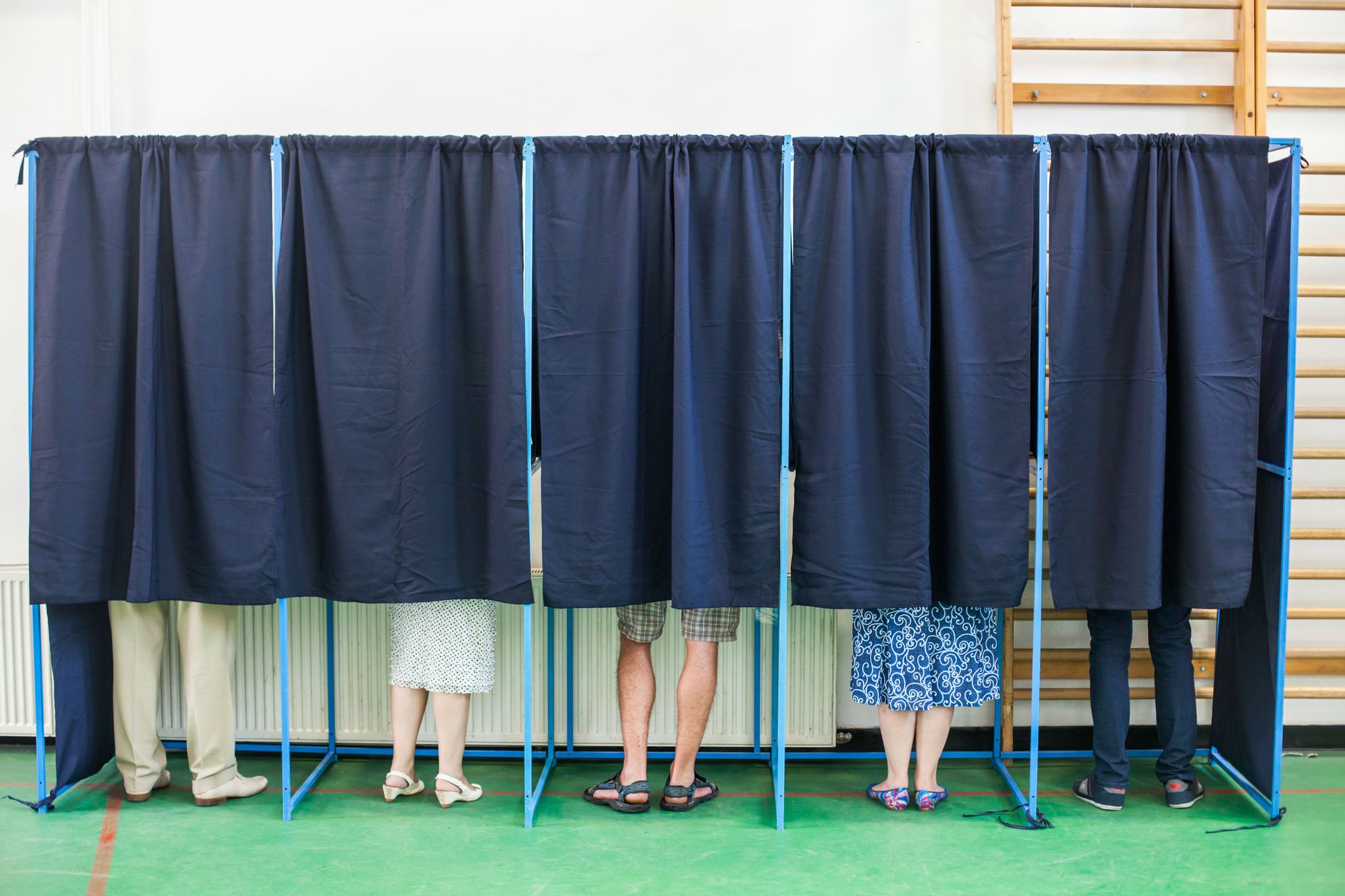




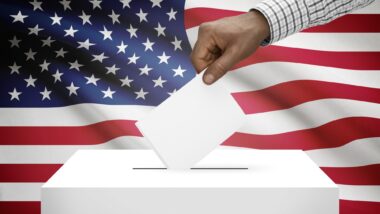
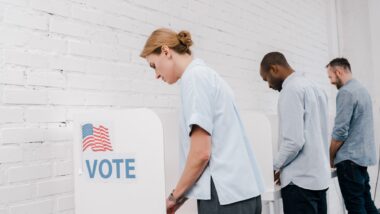
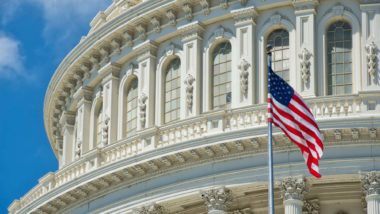
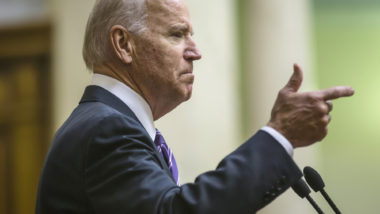
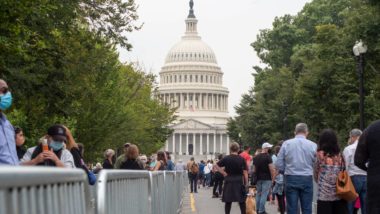
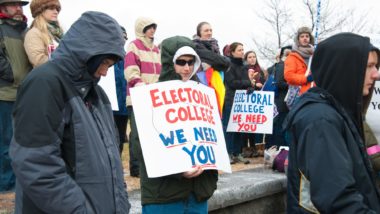
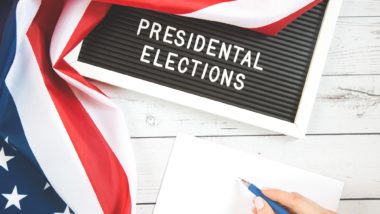
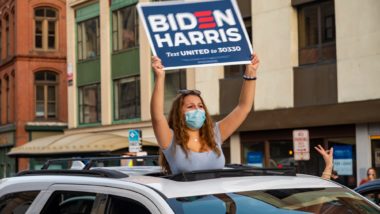
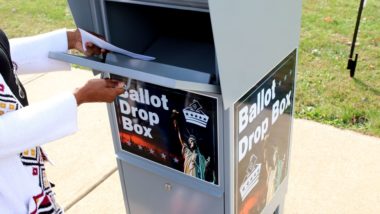
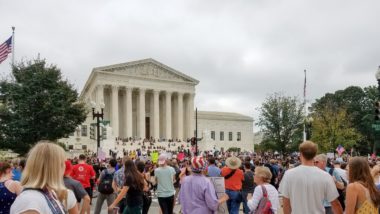
2 thoughts onOklahoma Voters Call for Less Restrictions During COVID-19
Add me
Add me please